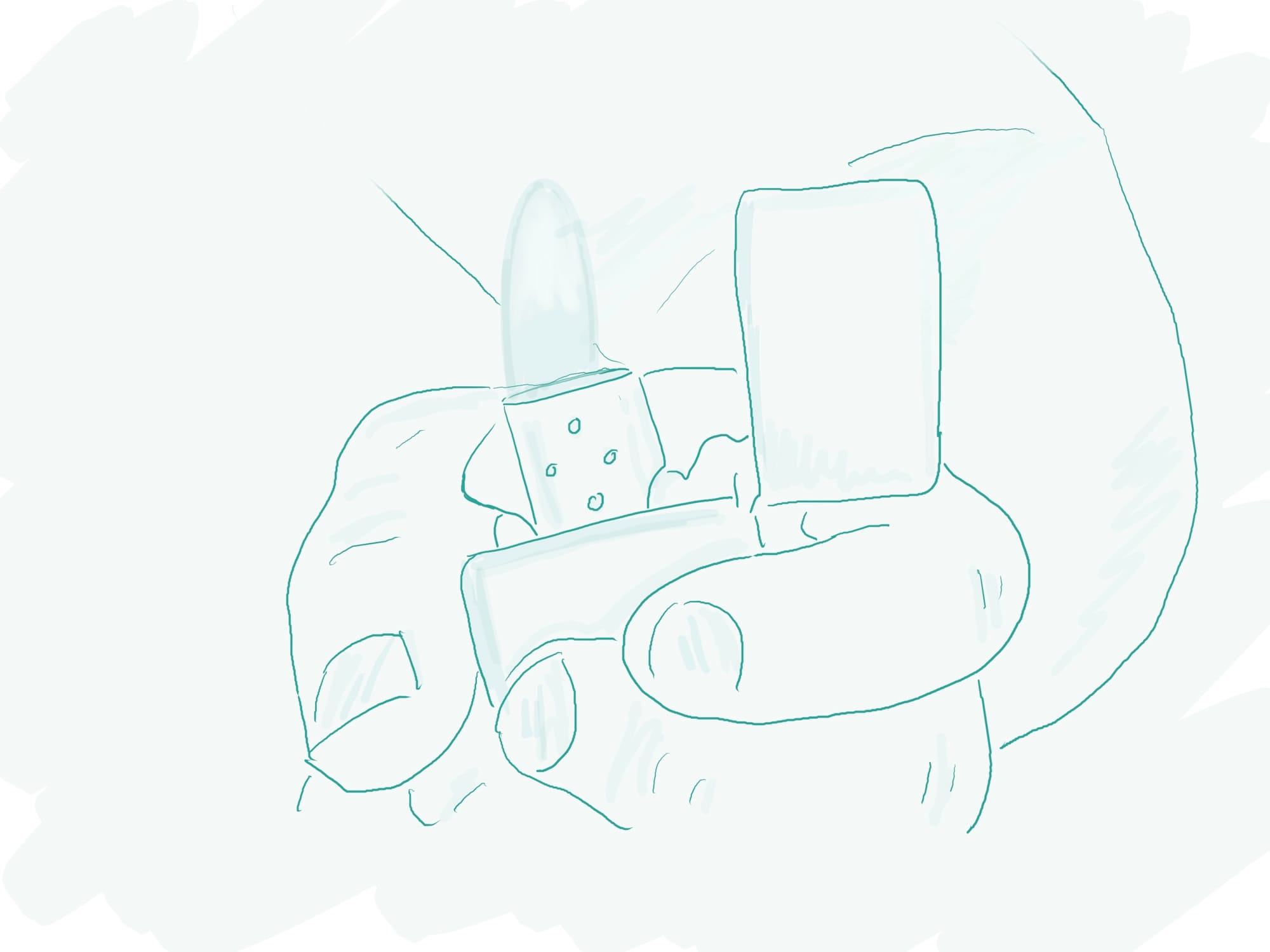The Inconvenient Truth
That which we can't change, we do our best to avoid.

Believing that Die Hard is a Christmas movie is a lot like believing in Santa. It's cute, but sitting on a strange man's lap seemed cute for a while, too, and I don't think you should keep doing that, either.
Some people refuse to let go. If Die Hard is not a Christmas movie, what is? The Julia Roberts movie Mystic Pizza? The cartoon and live-action blend Who Framed Roger Rabbit? Or are we simply clutching onto our nearest anecdote to tell ourselves a story that gets us what we want during holidays?
I can relate, though. I'd call anything a Christmas tradition if it gives me a free pass to do what I really want – which is not necessarily listening to Burl Ives or eating candy canes. That's why I say this isn't me drinking bourbon at 10:00 AM on a Thursday, this is me getting into the holiday spirit.
As far as action films go, Die Hard might be one of the greatest. It only manages to seem like a great Christmas movie by not being one. But the problem is that the stories we tell each other (and ourselves) are more persuasive than the truth itself. With an excellent narrative, facts are unnecessary. In fact, they get in the way.
That’s the thesis of this article. When facts don't line up with our narrative, we do our best to ignore them.
When it comes to the winter's tale of a miraculous evening in an exclusive high rise where innocent people were rescued from terrorists by a heroic elf on December 24th, if it gets you into the Christmas Spirit, call it what you want. Anything is possible if you believe unless otherwise stated in writing. But dislodging a man from his opinion is harder than getting him to read the fine print.
Here's a summary of the science on this:
Cognitive bias is a systematic thought process caused by the tendency of the human brain to simplify information processing through a filter of personal experience and preferences. The filtering process is a coping mechanism that enables the brain to prioritize and process large amounts of information quickly. (source)
The source of the above statement is a community of software engineers, AI scientists, and technologists whose whole industry is focused on making something virtual seem as real as childbirth. They make what is objectively a .csv file feel like a personal friend, a community, and a trip to Paris, all in the same newsfeed.
Before we go any further, I expect some readers may find this post triggering, especially during the holidays, when your goal is to enjoy the Christmas movie of your choosing, even if it was released in the summer. Read carefully, or stop here if you need to.
The rest of you will find this post, although maybe hard to swallow, brutally true.
We have a difficult relationship with the truth. I started this page by saying that there was, in my view, such a thing as absolute truth, so long as you don't expect ever to access it since language is the only delivery method, and humans are the only messengers. It wasn't a great article, but it's still a great point. Language is a moving target of culturally complicated words among sentences. Since that first article, I've written much about it over the years, surrounded by wit and bloviation, as well as three articles criticizing Ted Cruz, one of truth's antagonists. But the theme is this: I love the truth, but I also love to embellish it if it helps you accept that it's messy, the only thing Ted and Truth have in common.
Because the truth hurts, we sometimes avoid it, especially if it compromises our previously held view. In this article, I'll talk about three examples where inconvenient truth is overwritten by narrative when it comes to vital issues we face. And these are, I would argue, some of the biggest issues that face us.
